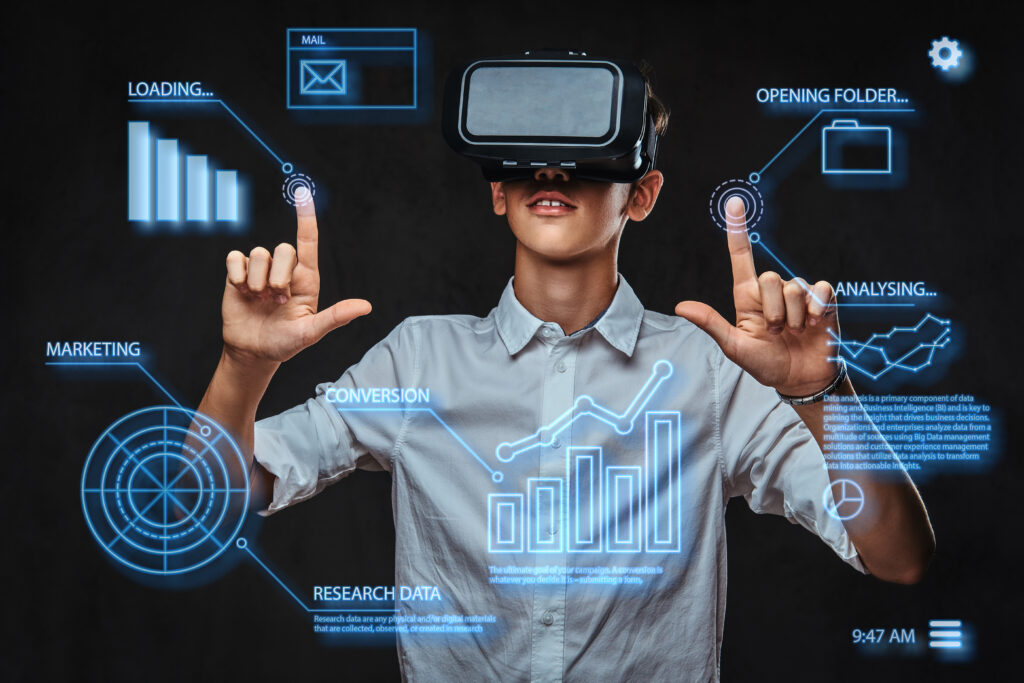When PSG stacked its squad with #Messi , #Neymar , and #mbappe, the world thought dominance was inevitable. Yet despite their extraordinary talent, they failed to win the Champions League during that era. Why? Because too many superstars without cohesion created imbalance.
Enter Meta (2024–2025).
Meta has been on an AI hiring and acquisition spree at levels rarely seen in tech history:
a) Acquired a 49% stake in Scale AI— effectively bringing Alexandr Wang (Scale’s founder, one of the youngest billionaires in AI) into #Meta AI orbit. b) Empowered Wang with resources and a mandate to assemble an #AI “dream team.” The result has been a series of superstar hires and poaches across @OpenAI, @GoogleDeepMind, @Microsoft, and @Apple
Layered this onto its famous AI lab (FAIR) and secured existing legends like Yann LeCun with blockbuster deals.
On paper, it looks like the Galácticos of AI. In reality, could #Meta be facing a #PSG problem?
Why Stacking Stars Can Backfire
Egos and Vision Clashes
Alexandr Wang is a generational talent with bold, uncompromising visions about AI scaling. But pairing him with established senior legends (LeCun and others) creates potential friction. Young founders think speed and scale; veterans prioritize caution and recognition. Both worldviews can clash.
Poaching Without Cohesion Meta and Scale together have recruited dozens of top researchers from #OpenAI, #DeepMind, #Microsoft, and #Apple in the past 18 months. But if everyone is used to being “the smartest person in the room,” coordination suffers. Instead of synergy- silos and rivalries emerge.
Personalities Over Principles Just as PSG often bent its tactics to accommodate its star players, Meta risks reorganizing around personalities instead of principles. That’s when strategy gets blurry: are they chasing open-source dominance, directly competing with OpenAI, or pursuing something entirely different?
We are already seeing signs of this drift. Meta is now heading into its fourth restructuring of AI strategy in just six months, according to Reuters report on August 15. Its flagship initiative — Superintelligence Labs — is reportedly being split into four separate groups: 1) a new “TBD Lab,” 2) a product team (including the Meta AI assistant), 3) an infrastructure team, 4) and the Fundamental AI Research (FAIR) lab, focused on longer-term research.
Constant reshuffling like this reflects the PSG problem in action: a star-studded roster pulling strategy in multiple directions, instead of a clear system harmonizing all the talent.
The PSG Lesson Eventually, after Messi, Neymar, and Mbappé left, PSG found balance and discipline — their system clicked. Without oversized egos dominating tactics, the squad flourished. They finally won the Champions League and kept winning domestically.
The lesson: great systems beat great squads of individuals.
What This Means for Meta Meta has the most enviable collection of AI minds on Earth. But unless Mark Zuckerberg, Alexandr Wang, and Meta’s leadership design a culture of cohesion, history suggests the following risks:
a) Research brilliance but no major product superiority
b) Billion-dollar burn rates with slow ROI
c) A company playing defense against leaner, more cohesive challengers (just like PSG sometimes struggled against less star-studded but disciplined teams).
Closing Thought PSG proved you can’t just buy brilliance and expect trophies. You need humility, role clarity, and system-driven synergy. Meta might end up with AI’s Messi, Neymar, and Mbappé — but unless they avoid the PSG trap, they could be dazzling us with headlines, not outcomes.
In football and in AI, a true champion is built by systems, not stars!
